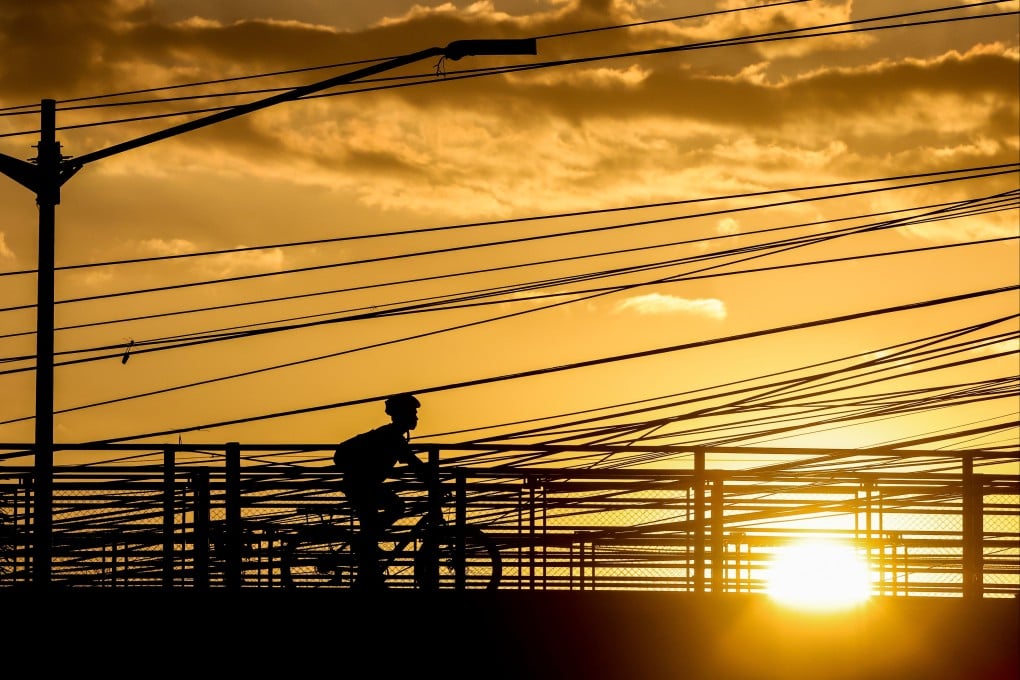Philippine 4-day work week? Extreme heat reignites talks on flexible deal
- Local government units around the country have implemented temporary compressed work weeks
- Yet Filipinos’ opinions on shortened work weeks are mixed, even as neighbouring nations like Singapore have started the shift

The Philippine Department of Health said that cases of heat-related illnesses had spiked to 77 from January 1 to April 29, with seven deaths potentially linked to the intense temperature.
El Nino is a naturally occurring climatic phenomenon that warms parts of the Pacific Ocean every two to seven years.
In Cavite, more than 30km south of Manila, the provincial government declared a temporary shift to a compressed four-day work week in its offices beginning in late April. Employees are expected to report to work from 7am to 6pm Monday through Thursday until July 31.
Governor Jonvic Remulla noted Cavite had recorded extremely high temperatures with its heat index peaking at 48 degrees Celsius on April 24. The index measures the relative temperature to the human body, factoring in humidity.
Other local leaders have also issued similar four-day work-week orders for city hall and government workers in their vicinities. These exclude frontline workers such as emergency responders, traffic enforcers and health workers.